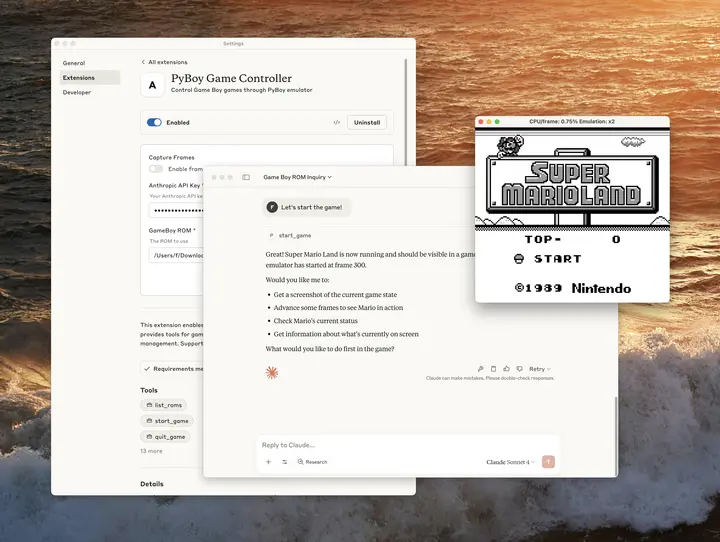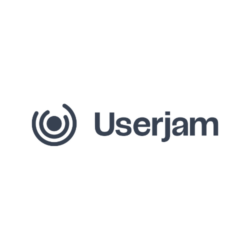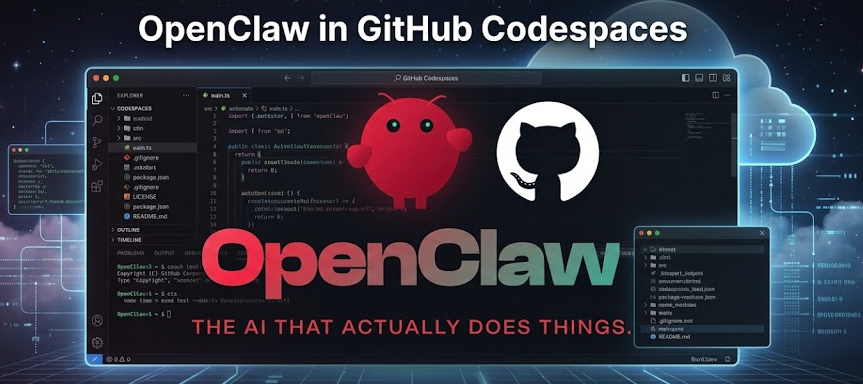June 26, 2025 – Anthropic The company today released a program called Desktop Extensions of new technology designed to revolutionize the desktop version of its Claude the way it interacts with the local server. By simplifying the complex installation process into a one-click operation, Anthropic attempts to bring the powerful model context protocol (MCP) servers, from being an exclusive tool for a few developers, to being promoted to a wider group of general users.
The challenge of bridging the "last kilometer"
When Anthropic launched the Model Context Protocol (MCP) last year, it opened the door for the developer community to allow Claude models to interact directly with local filesystems, databases, and even development tools. The technology had a lot of potential, but a central problem has always prevented its popularity: the installation process is extremely complex.
Not only do users need to have pre-installed Node.js 或 Python and other development environments, and also manually editing the JSON configuration files and deal with tricky dependency conflicts. In addition, finding a useful MCP server is like looking for a needle in a haystack, mostly relying on the GitHub on which to search. For non-technical users, these thresholds are virtually insurmountable. Suffice it to say that the power of the MCP server is in stark contrast to its cumbersome deployment process.
.dxt files: the leap from command line to one-click installation
To address this pain point, Desktop Extensions was developed. At its core is a program called .dxt which is essentially a zip archive that combines the MCP server itself, all its dependencies, and a file named manifest.json The configuration files are packaged together.
For users, the change in the installation process is disruptive:
Past:
# 首先安装 Node.js
npm install -g @example/mcp-server
# 手动编辑 ~/.claude/claude_desktop_config.json
# 重启 Claude Desktop
# 祈祷一切正常
Now:
- Download one
.dxtDocumentation. - Double-click on the file by
Claude DesktopOpen up. - Click the "Install" button.
The whole process eliminates the need to deal with the command line or configuration files.
Architecture Parsing:manifest.json central
an .dxt The core of the expansion pack is the manifest.json document, which is like an instruction manual that tells Claude Desktop How to manage and run this extension. A typical extension package is structured as follows:
extension.dxt (ZIP 压缩包)
├── manifest.json # 扩展的元数据和配置 (必需)
├── server/ # MCP 服务器的实现代码
├── dependencies/ # 打包好的依赖库
└── icon.png # 扩展图标 (可选)
Claude Desktop built-in Node.js runtime environment, thus eliminating the dependency on external environments on the user side. It is also responsible for the automatic update of extensions and securely stores them through an operating system-level key chain API Sensitive information such as keys.
manifest.json The file itself is highly flexible and extensible. Developers can define basic information such as the extension's name, author, version, and, more importantly, declare its server configuration, user inputs, and required permissions in detail.
For example, a developer could declare that the extension requires the user to provide a API Key。
{
"user_config": {
"api_key": {
"type": "string",
"title": "API Key",
"description": "用于身份验证的 API 密钥",
"sensitive": true,
"required": true
}
},
"server": {
"type": "node",
"mcp_config": {
"command": "node",
"args": ["${__dirname}/server/index.js"],
"env": {
"API_KEY": "${user_config.api_key}"
}
}
}
}
In this configuration, theClaude Desktop will automatically pop up an interface during installation and ask the user to enter a key. This key will be stored securely and will be available at startup of the server via the environment variable ${user_config.api_key} transparently passed to the extension. This mechanism greatly simplifies the user configuration process while ensuring security.
Strategic Intent of Open Ecology
Anthropic does not include the .dxt format for its own. The company has chosen to take its specification, packaging toolchain, and associated TypeScript Types and patterns are fully open source.
Behind this decision is the strategic intent to drive a broader, more open ecosystem of local AI applications. By standardizing the way local extensions are packaged and distributed, Anthropic hopes to .dxt Not only does it serve Claudeand can be adopted by other desktop AI applications as well.
- For developers: Pack it once, run it everywhere. They developed the MCP server to be easily used by any organization that supports the
.dxtFormat application integration. - For app developers: There is no need to build extended systems from scratch, and you can directly reuse off-the-shelf specifications and tools.
- For users: Get a consistent, simple extended installation experience across AI applications.
This move is undoubtedly following the example of successful ecological models such as browser plug-ins and app stores in an attempt to establish a common standard in the local AI field, thus attracting more developers to join and ultimately enriching the functions of the entire ecosystem.
Security and Enterprise Considerations
With the introduction of third-party code extensions, security is a top priority, especially in an enterprise environment, and Anthropic has designed multiple layers of protection. For individual users, sensitive data is isolated in the system key chain. For organizations, administrators have more granular control through Group Policy (Windows) or MDM (macOS), for example:
- Pre-installed approved extensions.
- Create a private extension store.
- Disable public extension catalogs or blacklist specific extensions, publishers.
The Imagination of Connecting Virtual and Real
By lowering the technical barriers, Desktop Extensions open up a wider range of imaginative applications for the model, and an experiment within Anthropic is instructive: the team took a PyBoy (GameBoy Emulator) Packaged as an extension that allows Claude to control the emulator directly to play Super Mario Continental.

This is not only an interesting experiment, but a microcosm of the enormous potential that can be unlocked when big language models can seamlessly connect to a user's local tools, data, and applications. From automating tedious daily tasks to becoming intelligent assistants for specialized software, the boundaries of local AI are being redefined.
Whether Anthropic's Desktop Extensions will be the key catalyst to ignite the local AI ecosystem remains to be tested by the market and developers. But in any case, it's a far-reaching attempt to make it clear that an era of easier-to-use, more powerful, and more secure local AI may not be so far away.
































